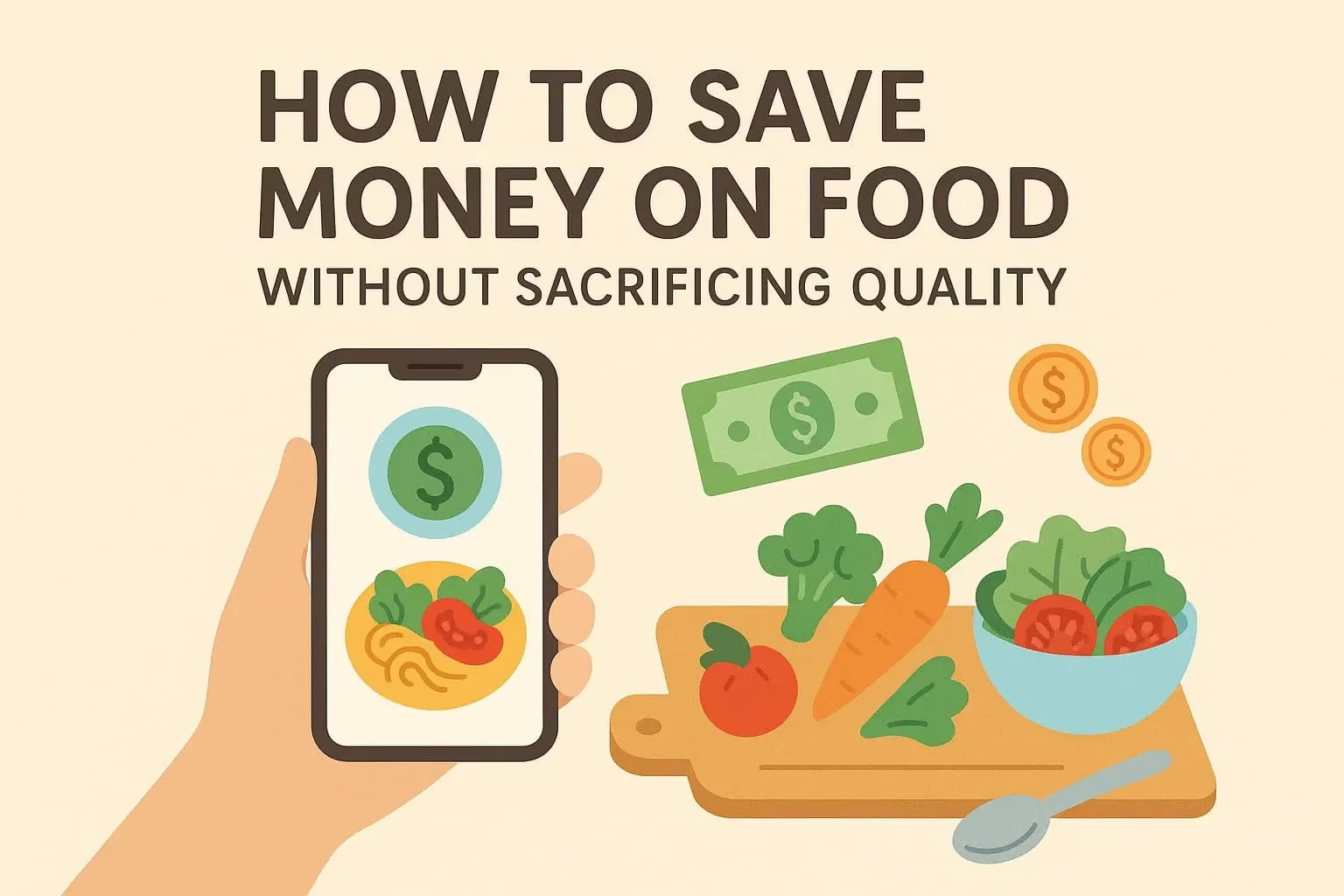In a fast-paced world that glorifies busyness and hustle, many people find themselves burned out, emotionally drained, and physically exhausted. That’s where extreme self-care steps in — not as a luxury, but as a vital necessity. Unlike basic self-care that focuses on the occasional spa day or healthy meal, extreme self-care involves deep, intentional practices that prioritize your well-being above all else.
Let’s explore what extreme self-care really means, why it matters, and how you can begin practicing it today — even if your life feels too busy for “me time.”
What Is Extreme Self-Care?
Extreme self-care is a commitment to taking care of yourself with the same intensity, dedication, and compassion you might offer a loved one in crisis. It’s not about indulgence or avoidance. It’s about prioritizing your physical, mental, emotional, and spiritual needs consistently.
This practice goes far beyond surface-level acts. It’s about creating healthy boundaries, saying no without guilt, letting go of toxic relationships, and honoring your time and energy as precious resources.
Key Pillars of Extreme Self-Care
- Boundaries that protect your peace
- Routines that nourish your mind and body
- Rest as a non-negotiable priority
- Emotional honesty and self-compassion
- Deliberate disconnection from toxicity
- A strong sense of self-worth
Why Extreme Self-Care Is Not Selfish
One of the biggest misconceptions is that caring for yourself deeply is narcissistic or self-centered. But the truth is, when you are depleted, you can’t show up for others in a meaningful way. Extreme self-care allows you to be more present, more giving, and more emotionally available — without sacrificing your own well-being.
Think of it like the oxygen mask on an airplane: you must secure your own before assisting others.
Recognizing the Signs That You Need It
How do you know it’s time for a shift?
- You feel resentful of people or obligations
- You’re constantly fatigued, even after rest
- You feel anxious or emotionally reactive
- Your body is showing signs of burnout (headaches, tension, insomnia)
- You lack joy in things that used to excite you
- You’re stuck in people-pleasing cycles
These signs are not just coincidences. They’re warnings. And ignoring them only leads to deeper emotional and physical exhaustion.
How to Start Practicing Extreme Self-Care Today
You don’t need to change your life overnight. Extreme self-care begins with small, deliberate shifts that build up over time.
1. Audit Your Life Without Judgment
Start by taking a look at what drains your energy. Are there people, commitments, or habits that are harming you more than helping?
Write down the answers. Awareness is always the first step.
2. Create Boundaries — and Stick to Them
You cannot fully embrace extreme self-care if you’re constantly available to everyone but yourself. Learn to say no without explanation. Your time is sacred.
Practical tip: Set specific “off” hours where you don’t respond to work texts or emails. Use Do Not Disturb features and let people know you’ll get back when you’re available.
3. Rebuild a Nourishing Daily Routine
A chaotic life often reflects a chaotic mind. Start grounding yourself with daily habits that feed your mind and body:
- 10 minutes of quiet time every morning
- Balanced meals, not just coffee and snacks
- Movement that feels good (stretching, walking, dancing)
- A regular sleep schedule
- Journaling to process emotions
4. Detox Your Environment
Your surroundings have a powerful impact on your nervous system. Start with one room. Clear the clutter. Add a candle, plant, or item that makes you smile.
Noise, notifications, and overstimulation can erode your peace. Turn down the volume of your world.
5. Prioritize Rest Without Guilt
You are not lazy for needing rest. You are human.
Extreme self-care includes scheduling rest the way you would schedule meetings. That might look like a Sunday with no plans, 8 hours of sleep, or simply stepping away from a screen when you feel overwhelmed.
6. Practice Radical Self-Compassion
Talk to yourself like someone you deeply care about. Stop shaming yourself for being tired, slow, or imperfect. You are doing your best. That’s enough.
Instead of asking “What’s wrong with me?” ask “What do I need right now?”
7. Cut Ties With What Hurts You
Not every relationship deserves your access. If someone consistently drains you, manipulates you, or ignores your boundaries, consider whether they have a place in your life.
You are allowed to let go. Healing requires space.
8. Make Joy a Priority
Joy is not a reward — it’s medicine. Create space for things that light you up:
- Music you love
- Creative hobbies
- Walks in nature
- Time with pets
- Time alone
- Reading without guilt
Treat joy like a form of therapy. Because it is.
How to Stay Committed When Life Gets Hard
You will be tempted to slip back into old patterns. It happens. The goal is not perfection — it’s commitment.
Here are a few reminders:
- You’re allowed to evolve at your own pace
- You don’t owe anyone access to your energy
- Saying “I’m unavailable” is a full sentence
- Healing isn’t linear — but it is worth it
- You can restart your self-care practice any day, at any moment
Final Thoughts: You Deserve to Take Up Space
Extreme self-care is not a trend. It’s a life practice. It requires honesty, courage, and self-respect. It’s about declaring that your well-being matters, not just as a tool for productivity, but as a birthright.
Start today. Not with grand gestures, but with one decision: You are worth the effort.






